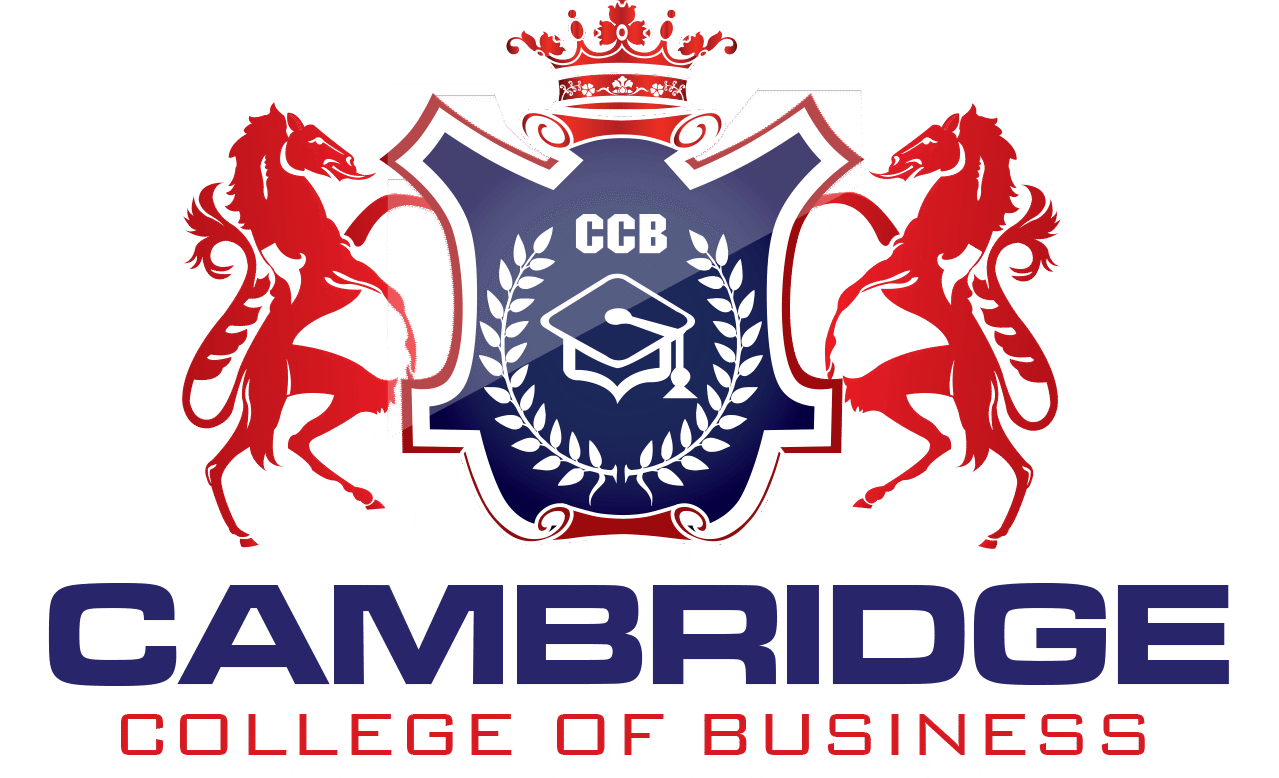
Level 6 Graduate Business and Management Diploma
The course is made up of 10 level 6 modules
The Graduate Business and Management course is made up of 10 modules and each module consists of around 40 guided learning hours. All modules have an additional 30-50 learning hours of optional materials which comprise of recommended exercises, recommended readings and internet resources.
Within the modules are self testing exercises, you must take care in answering these although they are not marked nor do they count towards your final assessment, the marking is tested against your scoring on the final assessment to check for consistency. Where there is clear inconsistency between the score in a full assessment and the standards reached in the ongoing exercise, Cambridge College of Business reserve the right to investigate.
Level 6 Module Listing
IT in Business
There is clear evidence that Information Technology provides competitive advantage, whatever the business sphere an organisation operates it, this module will assess pros and cons of using information technology within business.
Effective Communications
Information is the most valuable asset in the contemporary organisation, and communication is the method by which information is shared. It is on the basis of information that business decisions are made. So without effective communications, an organisation simply cannot perform optimally.
High Performance Teams This module is designed for both new and experienced managers. Using a mix of information, personal and team activities, it aims to help learners develop new team building skills or refine and expand the team building skills they already possess.
Leadership Skills
Good leadership is essential for success in any organisation, whether in the private or public sector. Today, rapid change, in the form of a constantly changing competitive environment, innovations in technology and changing economic conditions, have led to the realisation that leadership is a skill to be developed.
Manager’s Toolkit
There are literally thousands of management tools and models which can be used for analysis, problem solving and strategy development. The trick for the practising manager is to master a few which are versatile and which can be used in most of the situations you are likely to encounter.
Managing and Using FinanceThis module covers key areas of accounting, as seen from a business perspective. It explains how accountancy can inform and guide management decisions.
Managing and Using Marketing
The focus of marketing is on the customer and customer satisfaction – meeting the needs of customers through the products/services we sell and offering the customer what they perceive as value. Today customers have higher and higher expectations for quality, service and value.
Managing Organisations
There is a great deal of focus on creating the right type of organisation today because it is recognised that the structure, culture and management of the organisation has a huge influence on organisational performance.
Personal Effectiveness
So what is personal effectiveness? Personal effectiveness covers those skills and abilities that we need to have, regardless of our job, status or professional background. Personal effectiveness is about using the key skills we have identified to achieve greater productivity and successful results – whether that be on a business or personal basis.
Quality and Excellence
The words quality and excellence are used in a wide variety of contexts in organisations. We refer to a quality product, a quality company, excellent business procedures or an excellent service. So what exactly do we mean by these terms? Does quality mean conformance to specifications? Does it mean a product or service without flaws? Does it mean excellence?
